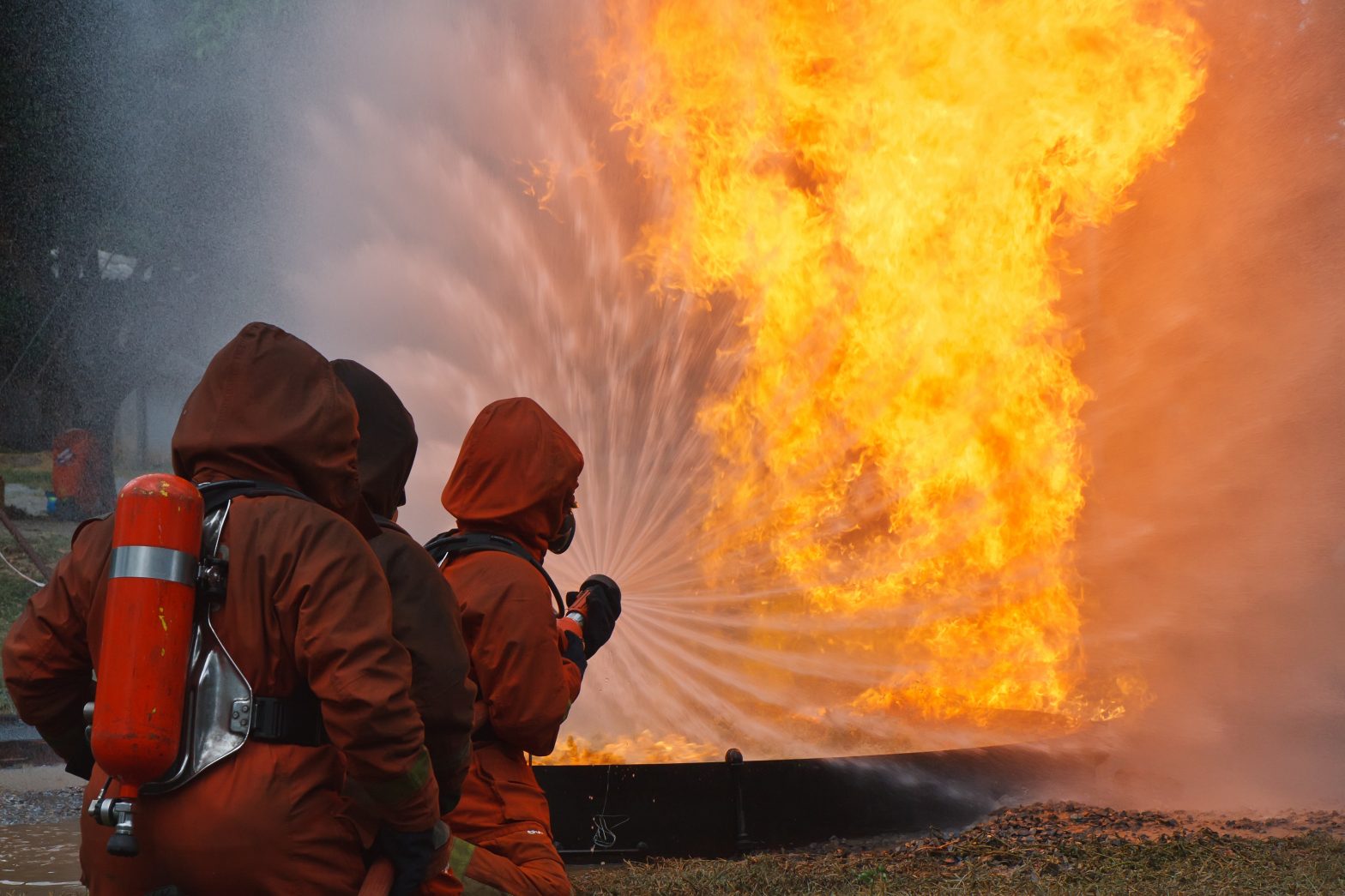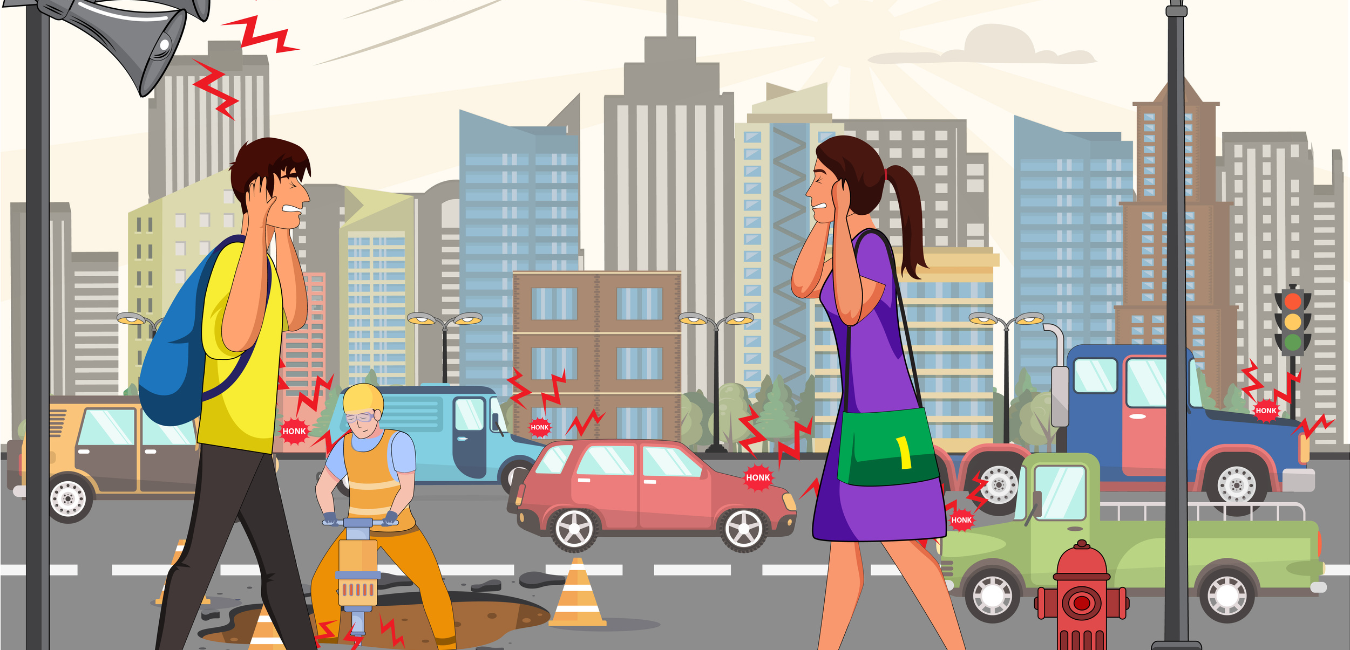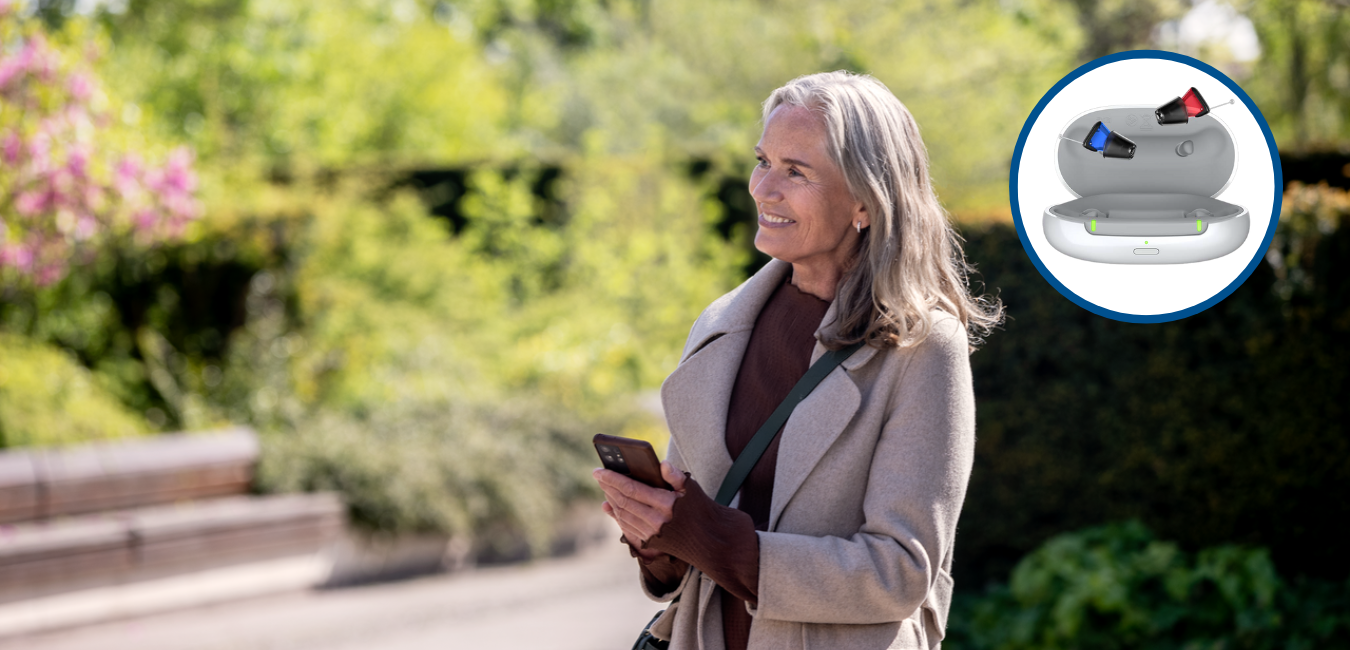11 Emergency Preparedness Tips for the Deaf and Hearing ImpairedPrimary tabs
A Disaster or an emergency can strike at any time. Time and time again the news reports some natural or other type of disaster that catches us off guard. In the aftermath, the topic of whether civilians, infrastructure and emergency personnel were prepared to adequately respond or withstand the reported crisis, always gets raised.
But how can emergency preparedness be different if you are deaf or hearing impaired?
Think of what happens when emergency responders get that dreaded call, followed by what may alert the public that something just isn’t right. For example, we’re used to pulling our cars over to make way for police, ambulance or firefighter vehicles.
The alert usually comes in the form of sirens blaring. What happens if you can’t hear those sirens? The flashing “cherries” do the trick.
On the flip side most of us have smoke and carbon monoxide detectors in our homes that alert us by sound. However, some of us may not be able to hear these detectors.
What happens then?
Traditional emergency alerts don’t always work for everyone.
The following tips can help you if you have to face a power outage, emergency or natural disaster.
- Create an emergency kit and store it in a location that’s easily accessible.
- Make sure you store extra batteries for hearing aids and cochlear implants in your emergency kit. Also store extra batteries for your TTY and light phone signaler. Consult your manual for proper storage and maintenance.
- If it’s possible, include spare hearing aids in your kit.
- Store your assistive listening devices and associated accessories where they are easily accessible. For instance, you may want to always keep your hearing aids in a container in your nightstand.
- Install audible and visual alarms in your home. At least one alarm should be battery-operated.
- Determine how you will communicate with first responders. Will you need an American Sign Language (ASL) interpreter? If there isn’t one available make sure you have pen and paper to facilitate communication. Include these items in your emergency kit. Consider pre-printed cards letting emergency personnel know you are deaf, hearing impaired, or that you require an ASL interpreter.
- If at all possible, include a battery-operated TV that has a decoder chip in your emergency kit. That way you can receive signed or captioned emergency reports.
- Figure out which broadcasting systems offer continuous captioned and/or signed news.
- Place a flashlight in every room.
- You can place signs or decals at all entrances to your home to alert visitors of your hearing impairment. You can also consider wearing a Medic Alert bracelet.
- If it’s available in your area, contact your wireless service provider to register your cell phone for the Text with 9-1-1 service. This service is currently available in the provinces of Alberta, British Columbia, Manitoba, Nova Scotia and Ontario.







